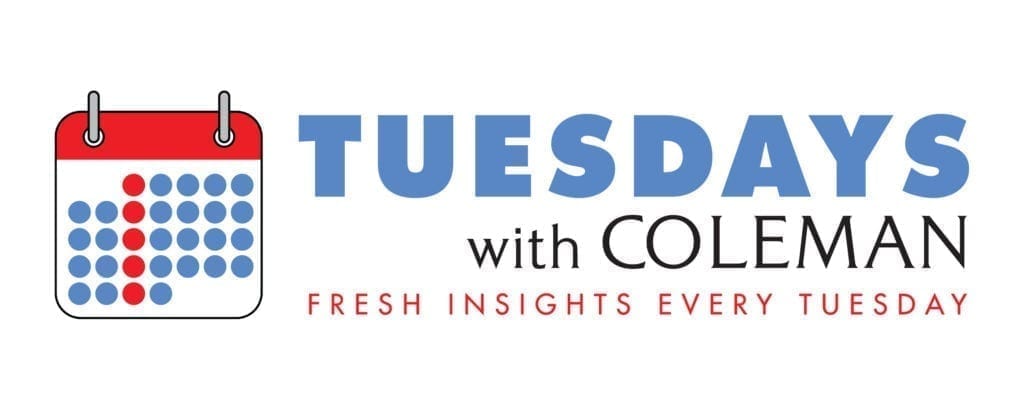
Last week, the east coast got battered with its FOURTH winter storm in three weeks. Raleigh had some wintry weather too (yeah, yeah, I know, cry you New Englanders a river). When this happens, many of us have the luxury of taking our laptops home and avoiding a harrowing and potentially hazardous commute. If you’re a radio station program director or host or engineer (or all three), you don’t have that luxury. You’re needed.
In the last six months, Mother Nature has reminded us of the power of radio to reach through and save lives. That’s not hyperbole. While Hurricane Harvey devastated Houston, Irma raged through South Florida and Maria wreaked havoc on the Caribbean, radio stations switched from regular programming to on-the-minute updates and even requests for help. One Puerto Rico radio station stayed on the air despite the roof flying off.
Listeners called in with reports of devastation and other listeners heard those reports and went to assist their neighbors. And even beyond physical assistance, there’s comfort in hearing a familiar voice over the airwaves. If you don’t show up to work, especially in treacherous conditions, your community can miss out on vital information.
One man who clearly saw the power of radio to transmit information was Trevor Baylis, who passed away a few weeks ago. Baylis invented the wind-up radio.
That sounds like a fun invention, but it served—and was born out of—a greater purpose. Baylis watched a documentary about AIDS in Africa that discussed radio’s role in educating the public about the spread of the disease, and he got to work on a tool that could bring radio anywhere in the world, even without power. He didn’t need the latest super-powered technology to make his invention work; he used the age-old system of good old-fashioned human-generated energy to run his radio. The idea is that if electricity is gone and batteries are scarce, people can still access much-needed information. Thanks to Trevor Baylis, communities with wind-up radios are now able to receive information that could be life-changing in the long-term (i.e., AIDS education) and the short-term (i.e., impending natural disasters). Baylis knew that communication is crucial to keeping a community connected, and he knew that radio was the ideal method to maintain communication.
So the next time a big storm hits and it looks like you might be stuck at work overnight, or something devastating happens in your community, think about all the ways radio can make a difference just by staying on the air. And know that we, your listeners, thank you.
